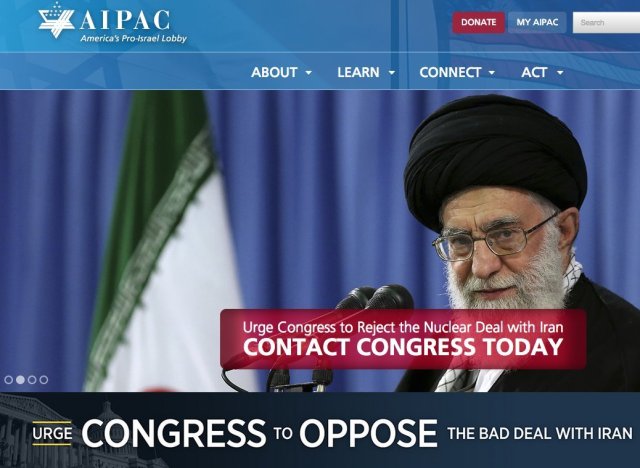A great debate is underway regarding the nuclear agreement with Iran — and the Obama administration is losing. Unhappy with the growing opposition to his legacy deal, President Obama is trying to stifle the debate by attacking the personal motives and public-communication methods of those who oppose the pact.
 |
| Iranians Celebrating the Iran Nuclear Deal |
He recently derided some prominent opponents as “the same columnists and former administration officials that were responsible for us getting into the Iraq war.” Those comments followed last month’s characterization of deal critics as “talking heads and pundits, and folks who are not going to be making sacrifices, if in fact you end up in a conflict, who are reprising the same positions we saw during the Iraq war.”
Obama has also decried the millions spent by organizations in opposition, saying they have been “putting the squeeze” on members of Congress with TV ads and lobbying campaigns. These groups, he claims, are backed primarily by “billionaires who happily finance super PACs” and are “opposed to any deal with Iran.” In a July 18 address, he seemed particularly hostile to the influence of AIPAC; speaking a day after the pro-Israel lobbying group came out against the deal, he urged Congress to evaluate the agreement “based on facts . . . not based on lobbying.”
Yes, groups such as AIPAC and Nuclear Free Iran have spent large sums pressing their position, but so too have organizations who favor the deal. Take J Street, which in its own words serves as a “blocking back” for the president. Although it claims to be a pro-Israel lobby, J Street has spent five million dollars to convince members of Congress to vote against the consensus view of Israeli leaders, right, left, and center. A number of other far-left groups have also launched a massive lobbying initiative to similar effect in the “StopWarWithIran” initiative.
President Obama has also called on foreign leaders to lobby Congress in favor of the deal; British Prime Minister David Cameron admitted to calling several members of Congress in January, at the administration’s behest, to express his view that further sanctions against Iran would be counterproductive to negotiations.Read the rest of Dershowitz's op-ed HERE.
If you like what you see, please "Like" us on Facebook either here or here. Please follow us on Twitter here.




No comments:
Post a Comment